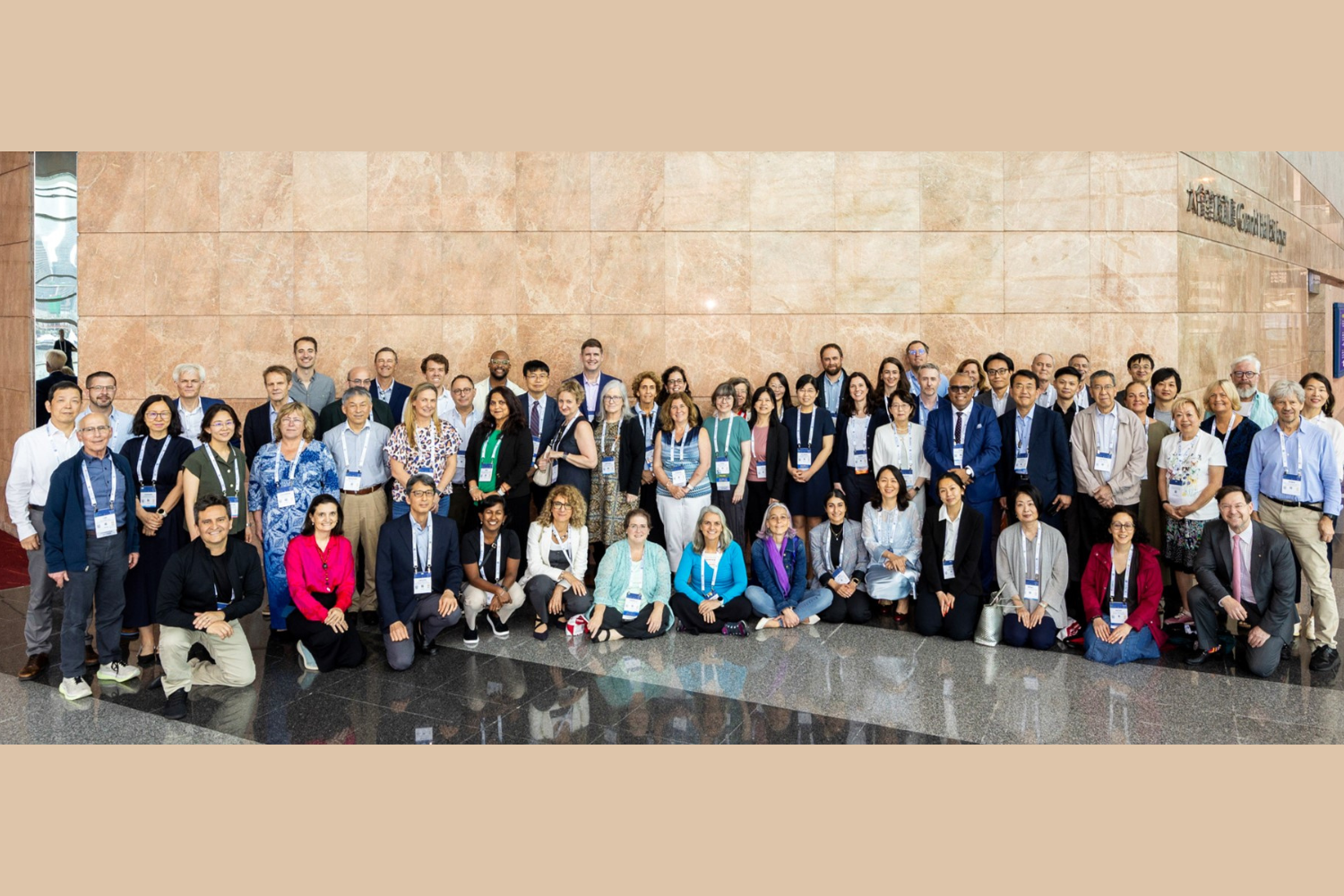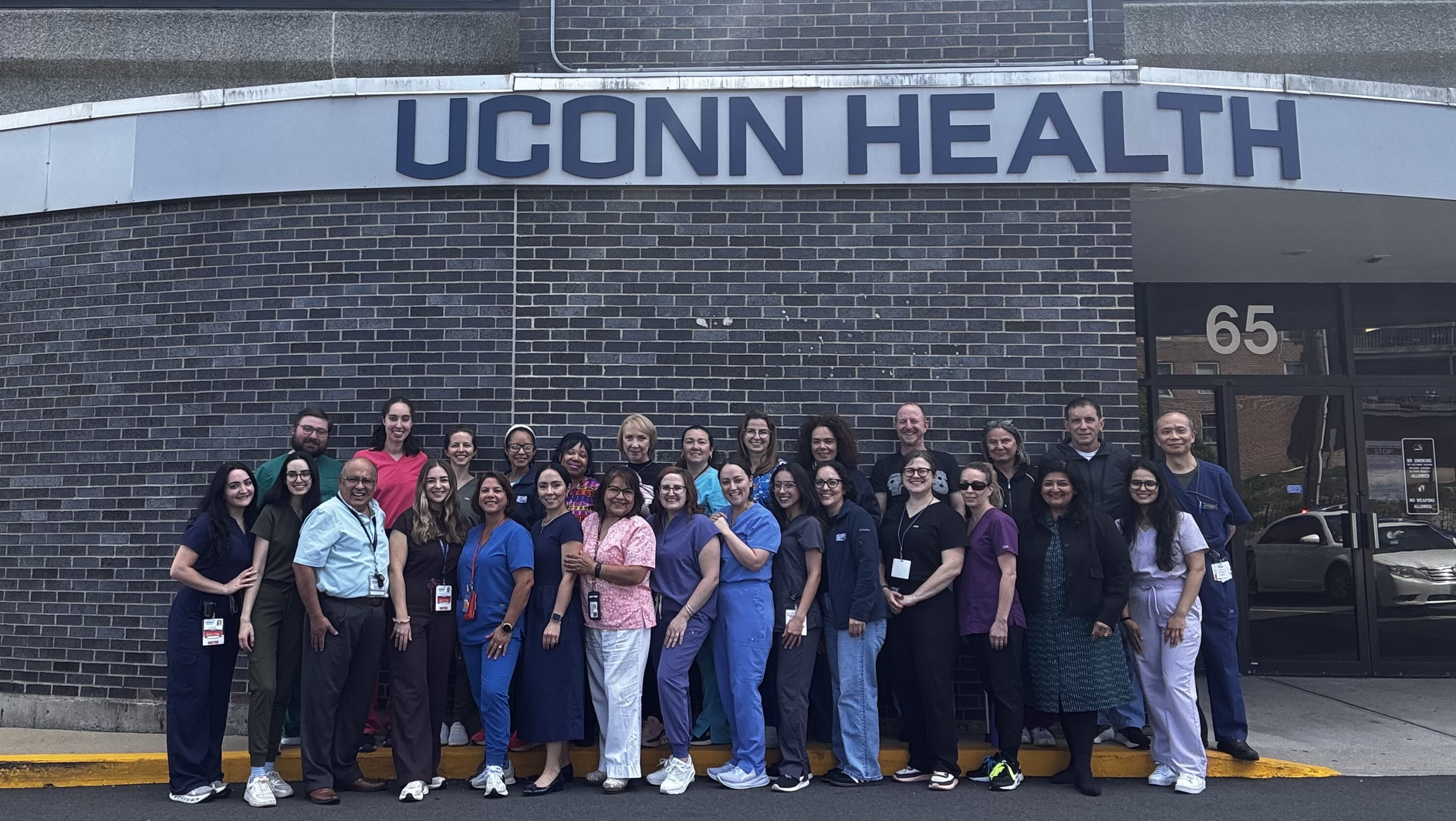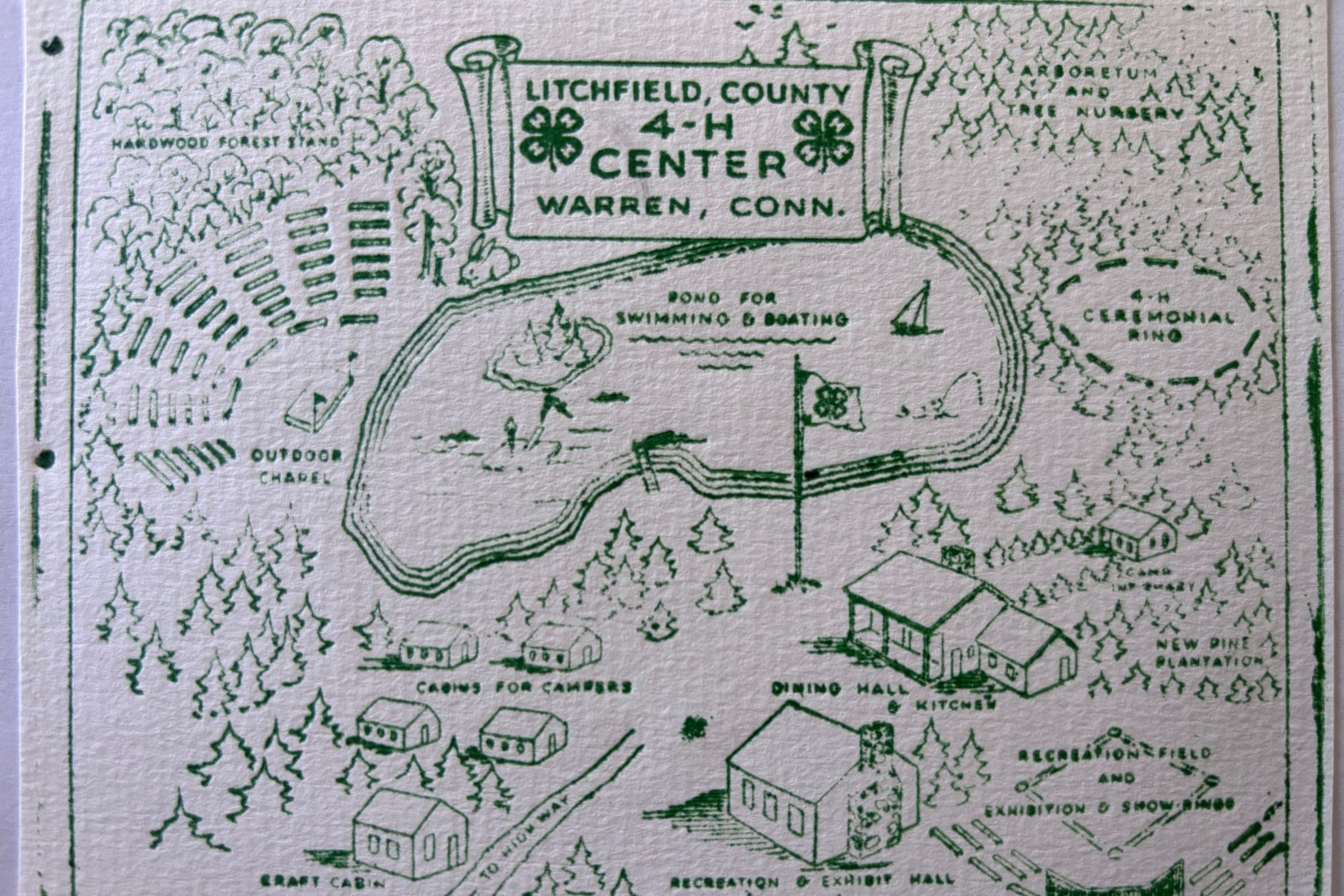Since the Office of National Scholarships opened, UConn has had winners or finalists in most of the major competitions.

If you’re a smart UConn undergrad looking to leverage your academic achievements into a scholarship abroad, graduate school tuition, or a prestigious undergraduate award – who you gonna call? The Office of National Scholarships.
Since 2004, the Office of National Scholarships on UConn’s Storrs campus has served as a resource for students seeking scholarship opportunities, with a charge to select, recruit, and foster high-achieving students in their pursuit of prestigious national and international awards.
“The Office started primarily because there are a number of prestigious scholarships for which students need nomination or institutional endorsement,” says Jill Deans, the current director.
But the real problem, she says, was that so few UConn students had knowledge of the prestigious awards available to them – the Fulbright, Goldwater, Marshall, Mitchell, and Rhodes among them.
“Few were applying,” she says.
To change this, and bring UConn students to the forefront of these national and international competitions, the Office of National Scholarships set out to raise student and faculty awareness of scholarship opportunities, and support students through the application process. The Office encourages them to engage in significant extracurricular activities, network with faculty members, and submit pre-applications that can then be thoughtfully revised and adjusted, boosting applicants’ chances of success in the competitions.
And it’s worked.
Before the Office opened for business, UConn applicants for these awards were rare. Today, with the help and involvement of the Office of National Scholarships, and the Office of International Affairs, which handles Fulbright applicants, UConn has had not only entrants but winners or finalists in most of the major competitions. This year alone, UConn has had seven student Fulbright winners, two Marshall Scholar finalists, two Truman Scholar finalists, a Rhodes Scholar finalist, and both a Udall winner and an honorable mention, among others. In 2009, three UConn students won Goldwater Scholarships and a fourth won honorable mention.
“Keep in mind that the office is not just about winning,” says Deans. “Our primary function is to support students as they enrich their undergraduate experience. That said, even getting a finalist in one of these competitions is considered an achievement for both the student and the University.”

The secret to the office’s success lies in its long-range approach. At every stage of a scholarship competition – from considering candidacy to securing nomination to filling out an application – students are encouraged to think deeply about their educational path, their intellectual work, and their extracurricular involvement, says Deans.
Once a student has been selected as a nominee, the process becomes highly individualized – complete with mock interviews, networking, and one-on-one feedback on application materials.
“Many of the scholarship applications are long and involved and require a big commitment from the student,” says Deans.
“Still, one former Truman finalist claimed that even knowing the outcome – she didn’t win – she would repeat the experience, because she learned so much about her herself and was able to articulate her aspirations. And that’s really what we’re here for.”
Deans says she is often asked what makes an application truly competitive. She advises students to connect with their professors, who will be writing recommendation letters and who can prove to be invaluable mentors; to be involved in activities that are meaningful, and not just resume fillers; and to keep their grades up.
“Some competitions require a 3.7+ GPA. Indeed, some amazing students may not be eligible, based on poor performance in a course or two,” she says. “But I always remind candidates that GPA is only a portion of the overall application. The most valuable asset will always be a creative and engaged mind.”
The Office of National Scholarships is located in the Center for Undergraduate Education. Interested students and faculty should visit the website for more information on the services that the Office offers, as well as an extensive list of scholarship opportunities. Students and faculty specifically interested in the Fulbright program should contact the Office of International Affairs through its website.


